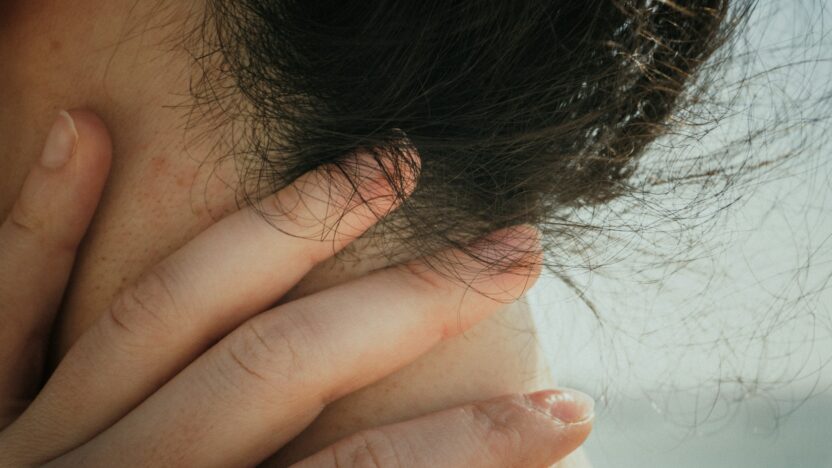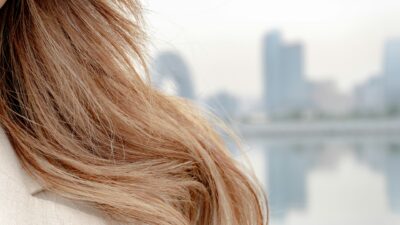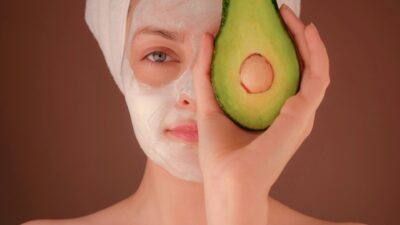Personal care products like soaps, shampoos, and deodorants often come with excessive packaging and harmful chemicals. A zero-waste personal care routine reduces waste, saves money, and promotes healthier living. This article shares practical steps to eliminate waste from your daily routine, from package-free products to DIY solutions. Whether you’re starting fresh or refining your habits, these tips will help you build a sustainable, eco-friendly personal care routine. Explore more green living ideas at For Organic Life.
Why Zero Waste Personal Care Matters
The beauty industry generates massive amounts of plastic waste, with most containers ending up in landfills or oceans. Conventional products also contain chemicals like phthalates, which can harm your health and the environment. A zero-waste routine prioritizes natural ingredients and minimal packaging, reducing your ecological footprint. It’s also budget-friendly, as many solutions use affordable, reusable items. By going zero waste, you contribute to a cleaner planet while keeping your routine safe and simple.
Switching to Package-Free Soaps and Shampoos
One of the easiest ways to reduce waste is by choosing package-free products. Solid soap bars, like those made with olive oil or shea butter, are widely available and come without plastic wrapping. Look for brands like Ethique or Lush, which offer biodegradable or compostable packaging. These bars clean just as well as liquid soaps and last longer, saving you money.
Shampoo bars are another great option. They’re formulated with natural ingredients like coconut oil or herbal extracts and work for all hair types. To use, rub the bar on wet hair, lather, and rinse. Conditioner bars are also available for added moisture. Store bars in a dry, ventilated container to prevent mushiness.
When shopping, check local bulk stores or farmers’ markets for unpackaged soaps. Bring your own container to avoid any wrapping. These small changes drastically cut down on plastic waste while keeping your routine eco-friendly.
DIY Personal Care Products
Making your own personal care products is a cost-effective way to go zero waste. DIY deodorant is simple and effective. Mix one part baking soda, one part cornstarch, and two parts coconut oil. Add a few drops of lavender essential oil for scent. Store in a reusable glass jar and apply with your fingers or a small spatula.
For toothpaste, combine three tablespoons of coconut oil, two tablespoons of baking soda, and a few drops of peppermint essential oil. This natural paste cleans teeth and freshens breath without plastic tubes. Store it in a small glass container. If you prefer a liquid mouthwash, mix water with a teaspoon of baking soda and a drop of tea tree oil.
Body scrubs are another easy DIY. Blend equal parts sugar and olive oil for a gentle exfoliant. Add a pinch of dried lavender for a soothing scent. These recipes use pantry staples, reducing waste and ensuring you know exactly what’s in your products.
Reusable Tools for Personal Care
Disposable tools like plastic razors, cotton pads, and single-use wipes create unnecessary waste. Switch to reusable alternatives for a zero-waste routine. Safety razors, made of stainless steel, are durable and use recyclable metal blades. They provide a close shave and last for years with proper care.
For makeup removal, use washable cotton rounds or microfiber cloths. These can be tossed in the laundry after use, eliminating the need for disposable wipes. Bamboo toothbrushes with compostable bristles are a sustainable swap for plastic ones. Look for brands that use minimal or recyclable packaging.
Menstrual products can also be zero waste. Reusable menstrual cups or cloth pads are eco-friendly and cost-effective. Wash them with a natural detergent and store properly to maintain hygiene. These reusable tools reduce waste and make your routine more sustainable.
Sourcing Sustainable Personal Care Ingredients
To keep your routine zero waste, source ingredients thoughtfully. Buy in bulk to reduce packaging. Many health food stores offer bulk bins for ingredients like baking soda, coconut oil, or castile soap. Bring your own jars or bags to fill, ensuring no plastic is involved.
Support local artisans who make natural soaps or balms with minimal packaging. Farmers’ markets or online platforms like Etsy often feature small businesses with eco-friendly values. When buying essential oils, choose pure, high-quality options in glass bottles, as they last longer and can be reused.
Check ingredient sourcing when possible. Opt for brands that use organic, fair-trade materials to support ethical practices. By shopping mindfully, you’ll keep your personal care routine sustainable and waste-free. Visit For Organic Life for more tips on eco-conscious shopping.
Tips for Maintaining a Zero-Waste Routine
Consistency is key to a zero-waste personal care routine. Start small by replacing one product, like switching to a shampoo bar. Gradually incorporate more changes as you run out of conventional items. This prevents waste and makes the transition manageable.
Organize your products in reusable containers, like glass jars or metal tins, to keep your bathroom clutter-free. Label containers to avoid confusion. Use multi-purpose items, like coconut oil, which can serve as a moisturizer, hair mask, or deodorant base.
Educate yourself on proper recycling for any unavoidable packaging. Rinse containers thoroughly and check local recycling guidelines. Share your zero-waste journey with friends or family to inspire them and stay motivated. A consistent routine keeps waste low and your personal care sustainable.
Looking Ahead
A zero-waste personal care routine is an achievable way to live more sustainably. By choosing package-free products, making DIY solutions, and using reusable tools, you can reduce waste without sacrificing quality. Start with one change and build from there to create a routine that’s kind to your body and the planet. Your efforts will make a difference, one bar of soap at a time.




